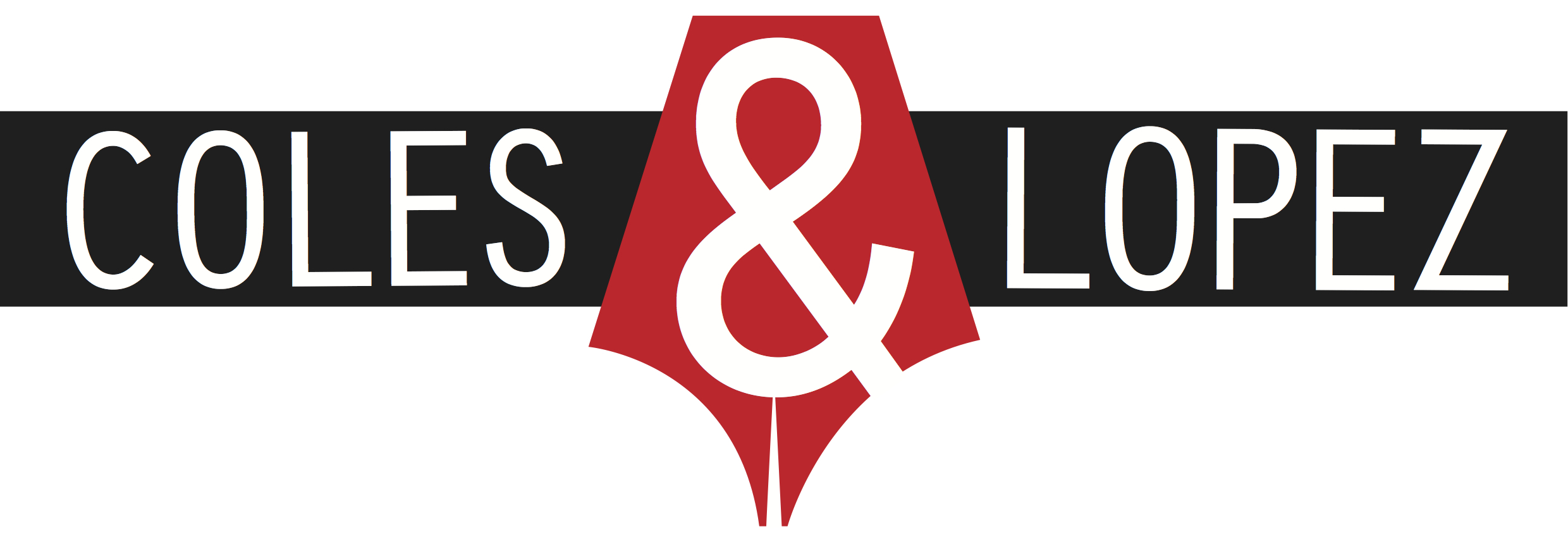Different strokes
In 2016, I spent many long hours hunched over my desk, agonising over the minutiae of grammar. But all that has changed. We’re only nine days into 2017, but I can already tell this year is going to be different from last year.
Wait, different from? Should I have said different than? Or different to? Hmm.
In short, the best choice is from. That’s the only option that every grammarian will approve of. The preposition from indicates separation, distance, exclusion. That makes it the most appropriate preposition to use when talking about difference. Indeed, the verb differ can only be followed by from, as in, “Maybe the new me doesn’t differ from the old me as much as I thought.”
Than, on the other hand, indicates comparison: “This year is going to be better than last year.” To indicates a relationship between two things, but doesn’t carry the separation/distance/exclusion meaning that from does: “This year is to last year what chalk is to cheese.”
So from is the best choice – some would say the only choice – after different. But than does have its defenders. Those people argue that only than makes sense when followed by a clause (a group of words containing a subject and a verb). To wit, “Last year was different than I expected it to be” sounds passable, whereas “Last year was different from I expected it to be” is obviously wrong. In order to use from, we would have to insert an extra word or two – “Last year was different from how/what/the way I expected it to be” – which is apparently way too much effort.
Whether you agree with that argument is up to you. But my advice is to keep the purists happy by using from 100% of the time, even when it means you have to add an extra word or two to the sentence. Come on, humour us.
